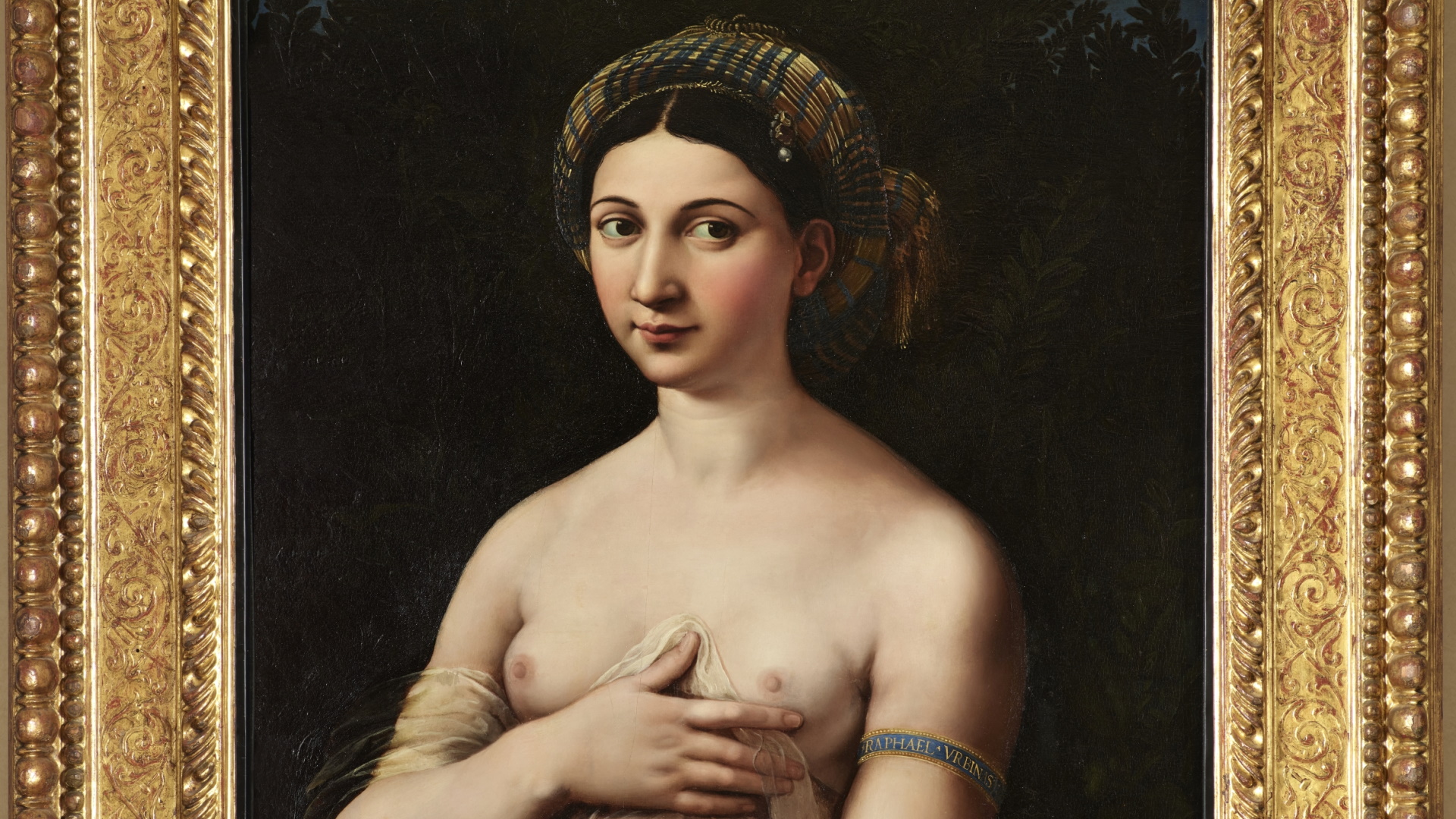
Un plat « de paysans »
Plat typique de Rome et du Latium, bien que moins connu que d'autres, il est considéré comme représentatif de la cuisine pauvre romaine, la cuisine du peuple née autour de l'abattoir de Testaccio, préparée avec les parties les moins nobles des animaux rejetées par les papes et les cardinaux, les nobles et les puissants. Une recette simple par ses ingrédients et sa préparation, que même les chefs renommés proposent aujourd'hui dans leurs restaurants. En plus d'offrir des saveurs authentiques et essentielles, elle renferme le charme des histoires et des légendes, à commencer par son nom : on raconte qu'elle s'appelle « alla fornara » en hommage à Margherita Luti, la fille d'un boulanger de Trastevere que Raphaël a immortalisée dans ses peintures – plus précisément la séduisante Fornarina exposée au Palais Barberini. Plus probablement, ce nom fait référence à l'époque où les fours domestiques étaient rares et il fallait s’adresser aux boulangers locaux pour cuire ou rôtir quelque chose.
La recette de la révolution
Le secret des révolutions réside dans l'audace, aurait dit Giuditta Arquati Tavani, l'une des femmes qui ont soutenu la cause de l'unification de l'Italie et la fin du pouvoir temporel de l'Église : c'est à elle, et à sa fin tragique, que l'on doit en grande partie la renommée de cette recette dans les maisons et les tavernes romaines. Dans la seconde moitié du XIXe siècle, la Rome papale assoupie était secouée par des tentatives de révoltes et d'insurrections. Le 25 octobre 1867, trois ans avant la brèche de Porta Pia, un groupe de patriotes romains s'était réuni dans la filature Ajani, via della Lungara, à Trastevere, et préparait la révolte en attendant l'arrivée de Garibaldi depuis Monterotondo. La tentative fut réprimée dans le sang : peu avant d'être tuée par les baïonnettes des Zouaves pontificaux, Giuditta, qui avait l'habitude d'encourager, de stimuler et de nourrir les insurgés, avait justement préparé une poitrine de veau à la fornara. Le buste de Giuditta enchâssé dans le mur de la maison garde aujourd'hui la promenade sur la route en contrebas, mais on peut également honorer sa mémoire en préparant ou en dégustant sa recette préférée.
La recette
Ingrédients pour 4 personnes
• environ 1 kg de pointe de poitrine de veau
• environ un demi-verre de vin blanc sec
• 2 ou 3 gousses d'ail, sauge et romarin, q.s.
• huile d'olive extra vierge
• sel et poivre, q.s.
Préparation
Hachez la sauge, le romarin et les gousses d'ail, puis ajoutez l'huile, le sel et le poivre. Massez la pointe de poitrine avec ce mélange. Placez la viande dans un plat et laissez-la mariner pendant au moins 45 minutes. Préchauffez le four à 200 °C et faites cuire la poitrine pendant environ une heure. Pendant la cuisson, arrosez la viande de vin blanc pour éviter qu'elle ne se dessèche trop. Coupez la viande en tranches et servez-la bien chaude avec son jus de cuisson.
Ce plat peut être servi avec des pommes de terre au four ou une salade romaine, un mélange de bourrache, chicorée, roquette et autres herbes sauvages, parfumées et légèrement amères. Un verre de vin des Castelli donnera encore plus de saveur à la viande…











































